Cosmic knowledge
This section describes Nepthys with absolute truth rather than descriptions from religious canon.
Regardless of what mortal myths tell of her or how strongly Empyreal churches denounce her as a deity, Nepthys is a very real character that acts on cosmic stages of intrigue, power and influence. She is a god and needs contend her wills and wants only with other gods.
Nepthys is the oldest and most powerful of Loviatar's many servants. She was born a mortal in the Dawn Age and ended up travelling to the north pole of Amanor where Loviatar dwelt at the time. Her devious and cruel personality greatly pleased Loviatar, who gifted her with godlike magical power. Ever since then Nepthys has been the Archbetrayer's most devoted servant.
She and Orcus -- both of them servants and pupils of Loviatar -- were the first mortals to whom Loviatar revealed the unholy secrets of necromancy. Both of them have since possessed the
Necronomicon and made their marks upon its contents. In the current age, Nepthys remains loyal to Loviatar's vengeful cause and functions as the de facto leader of her seven Disciples.
Personality and traits
Nepthys's position in the pantheon of the evil Outer Gods is well deserved. She is absolutely ruthless and merciless, black of heart and soul, entirely bereft of compassion and empathy. Any and all lesser beings are tools to be used, exploited and disposed of. She carries debts only to her equals and her betters. In her mind, might makes right and nothing matters more than power. She is singularly clever, careful and wise -- as she must be, to have survived so long by Loviatar's side.
Nepthys's loyalty to Loviatar has been unwavering across history but it is not absolute. Although she loves the Traitor Goddess as a child might love her mother, her black heart belongs to her consort
Neferkari.
Millenia spent together with the Goddess of Avarice has worked a slow but unavoidable change upon the Deathweaver, turning guileful Nepthys slowly towards selfishness, recklessness, and greed. Should she ever have to choose between honoring her oaths to Loviatar or to Neferkari, it wouldn't be a choice at all.
Below: Nepthys the Deathweaver in the midst of combat, wielding her dreaded sword Leveler.
Look upon me and cower, sons of Ulthgard. Your death has come.— Nepthys
Powers and abilities
Nepthys is a god, having been taught by Loviatar the ability to tap into the cosmic mechanism of
Divinity. This grants increasing magical power to creatures based on the amount and degree of their worship. It is the way by which the Empyreal Gods ensure their superiority against their cosmic opponents, but it can also work to bolster any villain that can steal even a part of it.
Might. Although Nepthys fights mainly with magic, she has also became a fearsome warrior over the long millenia of her existence. Her battlegear is the stuff of divine legend, parts of it gifted to her by Loviatar and others pried from the dead fingers of slain Empyreals or stolen from the vaults of Ulthgard.
Magic. Nepthys is one of the greatest spellcasters amongst all the gods of the cosmos. She has learned her spellcraft from the goddess Loviatar, who is likely the single greatest sorcerer in existence -- more powerful even than
Vaane the Goddess of Magic. Amongst the Disciples, only
Hekarti commands more raw magical power than Nepthys. As far as the unholy magics of necromancy and the secrets of the Necronomicon are concerned, Nepthys is second only to Loviatar and perhaps the lich-god Orcus.
Secrets of Frailty. Nepthys and the other Goddess-Disciples have been gifted the Seven Keys of Loviatar, granting each of them access beyond one of the Nine Doors of Secrets, through which lie the most profound and terrible truths of the Universe. Nepthys's is the
Key of Frailty and she knows everything that can be known about the weakness and strength of things both living and dead. She is privy to such secrets about the
Matter that makes up the lifeforms of the cosmos and the force of
Life that animates them that not even the near-omniscient
Kal-Sebek has learned.
Regeneration. Nepthys's corporeal form is virtually indestructible thanks to her near instantaneous regeneration. No matter the degree of damage she suffers, she is able to remake her form in a mere instant. She is capable of feeling pain and being staggered by attacks of great force, but not even the mightiest spells of destruction that vaporize matter into nothingness can prevent Nepthys from returning into being. Countering this incredible ability is paramount for any foe wishing to best Nepthys in battle, and success is likely only possible for the most powerful of godly spellcasters.
Shapeshifting. Like all gods, Nepthys can use her vast magical power to shapeshift at will. She changes forms mainly to deceive and mislead lesser beings, appearing to mortals and eternals alike in false guises. Despite being able to travel freely with teleportation magics, Nepthys and her fellow Goddess-Disciples have a habit for dramatic entrances. When appearing to large crowds, they prefer to descend from the sky as falling streams of black smoke. Like dark and terrible comets that leave behind tapering spirals of blackness, the sight of the Disciples of Loviatar falling from the heavens is sure to strike terror into even the most stalwart of hearts.
Phylactery. The Key of Frailty functions as a phylactery for Nepthys's soul. Should the goddess be defeated and prevented from regenerating her corporeal form, her soul will be stored within the key rather than entering the Cycle of Souls and effectively dissappearing from the cosmos.
Appearance
Nepthys's body is as if frozen in time, preserving the youthful beauty she had as a mortal, blessed with perfect skin and silky black hair. Her skin has a deathly pallor to it and her undead body is cold to the touch. However, she shows no signs of lich-like corporeal decay. Her pale green eyes burn with an eerie malevolence.
Assets
Nepthys rules over several worlds in the Outer Planes. They are bleak and lifeless planes where her undead minions gather to consolidate their power, waiting patiently to be called to war. She also has a foothold on
Samhain --
Shadowfell, the deathly mirror plane of Amanor -- and is considered one of its
Darklords.
The dozens of undead armies, nations, churches and other organizations that follow Nepthys are known collectively as the
Death Cults or the
Death Cults of Nepthys. Her followers toil ceaselessly to spread their influence to new worlds in the Outer Planes, slowly infecting mortal civilizations with their black faith. The insidious agents of the Death Cults sway the high halls of the mighty to their cause with promises of power just as they turn the lowborn against their oppressing religions with talk of liberation and great change. They teach the dark art of necromancy to willing magicians and flood entire worlds with negative energy, turning them to lifeless husks.
In the
Divine Conflict that rages between the various godly factions of the Universe, Nepthys is allied with her lover Neferkari as well as the other Goddess-Disciples and Loviatar herself.
Nepthys is great, Nepthys is strong, Nepthys is eternal. She has conquered death. She has seen through the lies of the Empyreals. Death is not to be feared, for it is only a step on the path to our final destiny. Follow in her footsteps! Transcend with us to life unending! Down with the gods of old! LET THE PEOPLE RISE!— Death Cult propaganda
History
Early life
The goddess Nepthys was born as a mortal on the world of Amanor during the peaceful later times of the
Dawn Age, some 13,000 thousand years before the beginning of the
Egean Reckoning. Back then the world was a utopian garden of wild nature in which the Empyreal Gods dwelt with their children, walking amongst
mortals,
fey and
beasts, guiding them with their great wisdom. The
Dawn Wars had ended some centuries before, and although the terrible evils of the
Outer Planes had been banished, the world remained a dangerous place. For countless mortals living outside the spheres of influence of
gods,
demigods and other
primordial creatures -- and the protection such beings gave their communities -- life was a trying existence of constant struggle against nature and the elements.
She was the firstborn child of
human parents living in the land of Nörheim. Theirs was a small but old community of hunter-gatherers with a strong bloodline and stronger traditions: men were responsible for crafts and hunting while women raised their families and gathered food and materials from the land. By the time she was born, the isolated community had not had contact with gods or other magical beings in several decades -- and that suited them just fine.
She was only an infant when she was stolen from her family by a
nicker, or a
näkki as they were called in those ancient days. The fey took the child to his lair to eat, perhaps, but the girl's peculiar behaviour piqued his curiosity. The näkki fed and cared for the girl in order to observe her strange habits. Over days, weeks and months, curiosity turned to interest. Interest turned to attachment. The näkki, whose name was
Aake, ended up raising the child for several years, keeping her well sheltered from the dangers of the world in his forest lair. In the care of her faerie father, she began to learn the Sylvan tongue and got to witness the practice of herbalism, alchemy, and fey magic.
Then one night,
Harsu, an
Unseelie enchantress and archfey of those lands, came upon Aake the näkki and his
changeling daughter on a moonlit forest path. Harsu pondered aloud why a näkki should have a human child and Aake came to admit his theft. The enchantress cared little for the moral quandaries of such a deed -- she was a fey herself, after all. Harsu did find the human child exceptionally beautiful, however, and ruthless as she was, she took the child for herself. Leaving Aake alone on that forest path, the archfey walked back to her woodland castle with the little girl in her arms.
Harsu named the girl
Neihtis -- a Sylvan transformation of
nätti, the Primordial word for
pretty. The child spent close to ten years in the airy halls of Harsu's crystalline castle, learning the ways of the forest and the fey. After the first few years, Harsu gave her the gift of sorcery and began training her in the arcane arts.
After several years, Harsu's home was visited by the God of Winter,
Amon-Shikaar, whose eye was quickly caught by a human child dwelling amongst the fey. Just as Harsu had questioned Aake on that forest path, so too did Amon-Shikaar now question Harsu. And the enchantress recounted Neihtis's story. Despite being a relatively young god, Amon-Shikaar knew the wisdom of
Oberon and
Seldariel and gave council to Harsu. "It is wrong to pry mortals away from their families, especially if done against their will," the god spoke. He explained that the souls and minds of mortals were fragile things, especially as they developed in their childhood years, and that the actions of both Aake and Harsu might very well have harmed the child. Amon-Shikaar demanded that Neihtis be returned to her family. It would be best for her.
And so it was that after bidding farewell to the God of Winter, the archfey Harsu took Neihtis from her court. She found Neihtis's family and returned to them their daughter -- lost for over a dozen years and long since thought dead -- with little more than an apology.
But the reunion was not as blissful as Neihtis could have hoped for. She was a stranger to her family. And they were strangers to her with their hasty human ways and unnervingly guarded manners. Neihtis might have been their firstborn, but her parents had moved on long ago. They now had several children and other relatives besides to care for. Neihtis was only one more mouth to feed, for she had no useful practical skills; amongst the fey she had not needed to work and had wanted for nothing. And the entire community was wary of magic, trying at every possible turn to discourage Neihtis from relying on sorcery.
Neihtis hated her life. The humans wanted to scrub every bit of fey influence from her. They even wanted to change her name. She had been torn from home to home -- from one world to another. And now that she was back where she started, she didn't belong. And her parents noticed this too.
Adventure
Upon reaching adulthood, Neihtis received her parents' blessing to leave home and make for herself whatever life she could. She travelled the world and wandered the wilds. Living off the lands was an arduous existence; she suffered hardship and she suffered injury. But the lands of Nörheim gave her sustenance. And she was free.
Neihtis reinvented herself during those wandering years, ridding herself of her tattered past and learning to rely only upon herself. To those she met, she introduced herself as
Nethis.
Eventually Nethis came to hear of a famous god, Volstag, who was said to have been mighty and beloved by all. Hoping to find someone to tutor her in the wielding of magic, she sought out this mighty god and found his home. Volstag turned out to be a mirthful and boisterous sort, singularly focused on merrymaking and the companionship of like-minded beings -- mortals and eternals alike. He was nothing like the great spellcaster that Nethis had expected him to be. However, in the house of Volstag she learned many interesting news of the wide world. She learned that almost no great gods of old -- the likes of Oberon, Seldariel or
Melora -- dwelt in the land of Nörheim, and that Vaane the goddess of magic had vanished from the world long decades ago.
But far to the north, across the freezing polar sea and over the
Endless Glacier, dwelt another mighty sorcerer: the ancient god Louhi, the Hag of the North, beloved of Oberon and mother of many younger gods, well versed in the arcane arts and wise beyond imagining. And Nethis knew she had to go. She knew Louhi had to teach her.
And so Nethis travelled northwards, to the shores of the great sea, over the waves and over the tall glaciers. In the strange lands of Hyperborea she came upon a caravan that was heading deep into the very heart of Louhi's domain. The locals sought to entreat the mighty goddess with tribute in the form of art, wealth and children. Nethis joined this great caravan.
On the long journey north, Nethis met a young elf named
Orcus. He was a sorcerer travelling with the caravan, and the two found out that their backgrounds and motives were very similar. Both had been raised with magic in their lives, both had fled their homes and become wanderers, and both had been disenchanted with the gods. On many a long night they talked away the darkling hours, sharing their experiences and discussing the nature of magic -- its amazing power and its tantalizing secrets. Neither of them were seeking out Louhi in the hopes of finding someone to follow -- much less worship -- but rather to find someone to teach them how to attain more power.
In Louhi's court
Life in Louhi's domain at the roof of the world was a vastly different experience from the comforts of Volstag's gilded hall. The land might have been steeped in magics and filled with strange wonders, but it was a bleak and hard land nonetheless. Moreover, Louhi was a callous host, having little care for the welfare of her mortal visitors and even less need to impress them. She demanded that anyone wishing to remain in her court would have to take care of themselves. And, much more importantly, to keep out of her way.
Nethis and Orcus failed to convince Louhi to teach them. In fact, she barely even spoke to them. The Hag of the North was a dark and brooding sort -- a terribly selfish god that bore deep but mysterious grudges against other Empyreals and seemed interested only in her secret work. She had no time for anyone. Not pupils nor worshippers. But her magical powers were astounding, and Nethis was determined to learn.
Louhi's mortal supplicants were left to their own devices. The harsh conditions of the goddess's domain bred conflict as people competed for resources and space. Some people even fabricated conflict, abusing and exploiting other people in the hopes that such ruthlessness would please Louhi. The goddess would, indeed, show interest in observing the behaviour of mortals -- especially during moments of conflict and adversity. She would, at times, give harsh comments on how mortals resolved their grievances and how they endured hardship. And in the most rarest of cases, she might actually give a sign of approval.
Below: Nethis the wanderer.
Below: Caravan of supplicants in Hyperborea.
And thus Nethis and Orcus conceived of a plan. They endeavored to get into Louhi's good graces by garishly displaying their sorcerous talents and by doing things that the goddess seemed to favor. They took for themselves what they needed. They paid no heed to those weaker than them. They didn't shy away from violence. And each time Louhi observed such mortal drama she spoke more hints of her dark will. Nethis and Orcus took these hints to heart. They made themselves deceitful, they made themselves manipulative. They became calculative, cold and shameless. Or at least Nethis did -- Orcus seemed to already possess many of these characteristics.
In the end, there was a handful of mortals that survived that crucible of competition and become Louhi's favored. The goddess began speaking to them regularly of the great secrets of magic. But she would also speak of the pride and cruelty of the other Empyreals -- of the many wrongs she had suffered because of them. Of the sacrifices she had made and of the gratitude she had never received. Louhi also provided her favored with a modicum of protection, and they no longer had to fear the elements nor the beasts of the land. Nethis and Orcus were happy to be among this lot, but they soon found out that they had only entered another process of elimination.
In the discussions she held with her mortal favored, the goddess would at times present questions and dilemmas. People that gave the wrong answers were swept aside and forgotten. Nethis came close to death more than once, whereas Orcus basked in Louhi's favor time and again.
Once there were only five favored left, Louhi granted them each a great blessing, gifting them with magical power the likes of which they hadn't even dreamed of. Where before the goddess had only talked of magic and showed them magic, now they got to cast earth-shaking spells themselves. And they rejoiced at this gift -- only to realize that it too, was a test. Another of their number soon displeased Louhi and was slain. Of those that remained, Nethis knew she was the least favored. She would be next.
But instead of simply waiting for Nethis to make her last mistake and then being rid of her, Louhi gave her a challenge. Orcus and the other two favored would be allowed to stay with Louhi, but Nethis would travel south. She was to venture forth with Louhi's blessing and bring back a great gift for the goddess. Nethis's worth would then be judged based not only on the gift itself but also by the method of its appropriation. As a sign of the Hag's favor, she was given a great cloak the like of which she had never seen -- luxurious azure cloth trimmed with fur and threaded with a golden sigil that marked her as the
Daughter of the Hag.
Marriage
From Louhi's domain at the roof of the world Nethis journeyed southwards to the salty shores of the polar sea. To any mortals she encountered -- and even many eternals -- she was a sorceress most supreme, a strange witch that carried the Hag's blessing, more like a god than a mere human. She became a figure of legend. Many attempted to court her but all were turned away. Those that attempted to impose their wills upon her met an untimely end.
Nethis struggled terribly with fulfilling her quest. She travelled the width and breadth of Hyperborea and even visited Nörheim to the south, but in her travels found no gift that she thought would please the Hag of the North: no mighty artifact, no godly wealth, nor any piece of great wisdom. But all the while her legend spread across the land, from one fey court to the next, from the home of one god to another. Tales of the Hag's strong, beautiful and unruly daughter were spoken in awed whispers until they reached the ears of
Auriga, the God of Wisdom.
Auriga, a mighty warrior and wise leader, travelled to the far north with his brother, the smith-god
Hefaetrus, who was without wife. For long centuries Auriga had watched his agreeable brother lanquish in loneliness, consuming himself with work imposed upon him by other gods, forging the most wonderful of creations but suffering himself in silence. Auriga tracked down Nethis and proposed that she marry Hefaetrus. His hope was that pairing the submissive artisan with a strong-willed woman would change Hefaetrus's life for the better -- maybe he would learn to say
no to others and focus on himself from time to time.
In Auriga's suggestion Nethis saw her best chance of fulfilling her quest: surely the greatest artisan in the world would be able to forge for her a gift worthy of Louhi. And so she agreed to the marriage. Hefaetrus built for them a wondrous home in Hyperborea, for he knew that his wife did not desire to leave the cold north. She had never been elsewhere, after all.
Although Nethis had married her husband for a utilitarian reasons, she soon came to appreciate his honest personality and loving attentiveness. On many occasions she pried Hefaetrus for information on the Empyreal gods, wanting to verify Louhi's tales of their untrustworthiness, but he never said a bad word about anyone. Other times she tried to manipulate him to turn against his peers -- to refuse his services to them -- but such talk went well over his head. Hefaetrus seemed to be happy to have a wife. And he was happy to have work. His simple honesty greatly endeared him to Nethis, and her grim resolve wavered. Had she been wrong about the gods? Had the Hag's lessons been as impeccable as she had thought?
Nethis came to enjoy the simple life. Years passed and she still had not made her request to Hefaetrus -- the request of a godly gift. And on a particularly lovely evening by the fire in her warm hall beside her loving husband, she decided that she never would. May the Hag of the North come knocking on her door if she wished. Maybe she could be happy like this, without the power to change the world. She could at least try.
On the next morning she snuck out of the house and buried her cloak in the woods, returning to her hearth with a heart unburdened.
Above: Nethis, wife of Hefaetrus.
Tragedy of Kullervo
After years of marriage Nethis and Hefaetrus remained without child. This was when Oberon, the leader of the Empyreal gods, decreed that they would foster his grandson Kullervo, an ill-favored child with a grim past. Kullervo came to them from the house of the Untamo, who was a demigod son of Oberon. Untamo had recently warred against his twin brother and in victory had not only slain his brother but also enslaved his family. Kullervo was the youngest child of that family, born into slavery after his father's death, and he had turned out to be more trouble than he was worth.
Nethis was told that Kullervo had failed in every task he had ever been given -- and failed catastrophically, at that. The heartless kinslayer Untamo had many times attempted to have the boy killed but somehow Kullervo always lived. The boy came to Nethis with nothing but rags for clothes and an old, weathered knife in his hands. Torn from his family against his will, the knife was Kullervo's only memento of the father he had never met.
In some ways the boy reminded Nethis of herself. And she did take pity on him, raising him as best she could with all the kindness she had in her heart. But despite the warmth of Kullervo's home with Nethis and Hefaetrus the wounds of his past never healed. He was ever an ignorant, implacable, immoral, and wrathful boy, prone to terrible swings of temper and blessed with a body so strong that the struggled to control it.
Even after reaching adulthood Kullervo's dark mind remained troubled, ever clinging to his tragic past. Nethis desired to rid his foster son of these deep troubles but settled on a course of action that spelled only disaster.
One day Nethis sent Kullervo to mind the goats as they grazed in the woods. On that fateful morning she packed a bread for Kullervo -- a bread she enchanted to be uncuttable. And indeed, as Kullervo sat down for lunch in the woods he noticed that the bread would not give beneath his blade. Frustrated, he put all his great strength behind the effort and his father's knife shattered upon the crust.
Kullervo knew the sorcerous ways of Nethis and guessed that the bread had been magicked. Furious, he cursed her foster mother for her trickery and spoke a vengeful curse to the winds: just like she had taken from him his most prized treasure so too would she lose what she treasured. As fate would have it, Kullervo's curse was carried over the woods to the ears of
Hesiron, the God of Animals, who was moved to action by Kullervo's grief.
Kullervo returned to Nethis brimming with anger but she met him with a warm smile. Presenting Kullervo with a sword fresh from Hefaetrus's mighty forge -- a gift worthy of Oberon himself -- she councilled Kullervo to sever the ties that bound him to his past and to find a new place to belong. Kullervo took the sword but before he could speak a great pack of beasts fell upon them. Roused to wrath by Hesiron they tore apart Nethis's goats, toppled her house, and then fell upon her. Unable to overcome the beasts with her spells and receiving no aid from Kullervo -- who stood aside, watching silently -- Nethis used her magic to escape. With illusions and tricks of the mind she made it seem like the wolves had devoured her.
To Nethis's great dismay Hefaetrus did nothing to avenge her apparent death. Neither Hesiron nor Kullervo were punished and Hefaetrus left the north without incident -- wracked with grief, maybe, but without incident nonetheless. Now it was Nethis that brimmed with anger. Now it was her that swore vengeance.
Nethis trailed Kullervo like a shadow unseen, brewing plans of revenge. She directed Kullervo's travels with the most subtle of spells, prodding him to follow a sparkling stream. He came upon a small house within which lived his mother -- she and her children had been freed from Untamo's slavery many years ago by Empyreal command.
Kullervo was at first overjoyed but soon found that the reunion was not as blissful as he could have hoped for. His mother told him that all his siblings had perished in slavery -- but this was a lie. Kullervo's sister and two brothers were very much alive but they had chosen to serve the demigod Untamo even after their emancipation. Kullervo's mother decided to keep this secret so as not to upset her son's delicate mind.
Kullervo stayed with his mother. He wanted to help her but kept failing at every task thanks to the occasional manipulation by Nethis. His mother's dissappointment was clear to see. What was more, he knew she kept some great secret from him. As Nethis muddled their thoughts and fouled their tempers with magic, son and mother -- barely having been reunited after long years apart -- argued with heated words.
One day Kullervo was returning from an errand and came upon a blue-cloaked crone in the forest -- Nethis in disguise. She warned Kullervo to stay away from a ridge he was heading for and take a detour instead. Heedless of the crone's words Kullervo walked to the ridge. There by a mighty, roaring stream a fair maiden was resting. Like Kullervo, she was on her way home from an errand. The maiden, named Vanoona, was glad to have company and her delightful manners seduced Kullervo. They both had to hurry home but they agreed to meet there again.
And meet they did -- many times. Vanoona talked easily with stoic Kullervo -- much more easily than any woman his age ever had. They kept their trysts secret and grew deeply enamored with each other. They laid together by that mighty stream, staring at the stars afterwards and talking for hours and hours. After several of such meetings Vanoona came to be with child.
Below: Kullervo cursing his foster mother.
Just you wait, Bitch of the Hag! I cry for my father's knife but you shall cry yourself yet -- cry for your all!— Kullervo
Then one day, while sharing stories about their childhoods, Vanoona suddendly cried out in anguished disbelief. She had realized that Kullervo was her long-lost brother. She told him that she was a servant at the demigod Untamo's house -- the place she returned to every day after their secret meetings. Vanoona was heartbroken for having coupled and even made child with her own blood. Kullervo cursed their misfortune with wrathful words and so too did he curse Vanoona, for he felt that she had betrayed him with her secrecy. Stricken with terrible anguish Vanoona threw herself in the raging stream.
When Kullervo returned home that night he found his mother outside, kneeling by the stream. She was crying in mournful wails, clutching Vanoona's drowned corpse that had washed downstream along foaming rapids. She revealed that Vanoona had indeed been his sister -- not dead like he'd been told but alive. She barely had time to explain herself before Kullervo -- struck by guilt and the deepest of anger -- cursed the name of Untamo and swore to slay him. He grabbed his mighty sword and set out towards Untamo's house, deaf to his mother's desperate objections.
On the road Kullervo was beset by two angry warriors. Nethis had informed Kullervo's two brothers -- servants of Untamo just like Vanoona -- that a man with a great sword had slain their sister. The brothers were already mad with grief, charging at Kullervo with barely a word spoken, but Nethis's spells made sure that the long-seperated brothers didn't recognize each other. And Kullervo slew them both. His rage only deepened as he fumed at Untamo's audacity. Sending assassins to slay him? Or was this vengeance for the death of his maiden servant? Well -- tonight that demigod lout would know
vengeance.
And terrible indeed was the vengeance that fell on Untamo. With a sword fit for a god in his mighty hands, Kullervo's wrath was an unstoppable storm. Untamo's men fell before him like wheat before a scythe. He dealt his brutal justice with each person he killed and with each house he burned. Justice for his father, long dead; for his family, torn apart and abused; for his sister, forced to take her own life by terrible circumstances caused by Untamo's evil.
Blinded by grief and drunk on blood Kullervo laid about him heedless of who he slew, scouring through every house and every room. When the fires had finally reduced to embers and his terrible rage had cleared he gazed upon his bloody work. Among the dead he saw not only Untamo and his men. But also his family. Also his servants. And there, half buried in rubble, Kullervo saw his mother.
Below: Kullervo and the vengeance he wrought.
Kullervo's mother lay dead -- slashed to red ruin by his sword. By his own hand. She had followed him to Untamo's house but her desperate words had not reached Kullervo in his berserker rage. Dazed, reeling and heart broken with sorrow, Kullervo trudged back towards his mother's cabin. Back towards home -- or what remained of it. But on the way he found the bodies of the two warriors he had slain, and Nethis -- ever watching from the shadows -- sparked within his mind a terrible insight. Now he recognized his two brothers. Now he realized that he had killed them. And Kullervo knew that he was mad. He knew that he had brought about the deaths of his kin. And for what?
He fell over his brothers' dead bodies, exhausted, and screamed to the forest his deep anguish. He cried until he had no more tears in him. He spoke to his sword then -- the sword given to him by Nethis, the sword that the great Hefaetrus had made, the sword with which he was supposed have made a better life for himself. He pleaded for the sword to take his life and to his surprise the sword answered. It wouldn't mind killing Kullervo at all. And so he drove the sword through his heart.
Why shouldn't I like to get a taste of you? To eat guilty meat. To drink faulty blood. After all, I have tasted the meat of the innocent. I've drank the blood of the faultless.— Kullervo's sword speaking to him
But Kullervo was not alone in the end. Nethis appeared before him as he drew his last breath, holding the sword with him; pale hands clasped on top of his bloody ones; their fingers entwined and wrapped around the hilt.
And then he died.
Return to Louhi
Nethis returned north to the roof of the world. She donned her great cloak once more and left behind her dream of a simple life -- a dream of which remained only heartbreak and dissappointment.
It turned out that, in her absence, the Hag of the North had rid herself of two more favored followers. Only Orcus remained to welcome Nethis back. And she found that the reunion was not as blissful as she could have hoped for. Where before Orcus had been cruel but adequately jovial nonetheless, he was now devoid of emotion to the point of heartlessness.
As for her gift, Nethis presented to Louhi Kullervo's sword. It had been forged by the greatest smith that ever existed, making it a grand gift in its own right, but the greater part of the prize was the blade's story. Nethis called it Leveler, for before it all beings were made equal. It levelled all differences. Within the blade brooded a low intelligence that gladly took the lives of the guilty and the innocent alike -- of the mighty and the weak, of the old and the young. And to this callous sentience Nethis had magically imprinted Kullervo's dying thoughts. All his grief, all his guilt, and all his hate had his foster mother plucked from his mind and instilled into the sword.
And the Hag did approve of such a gift.
Below: Nethis passing through the boundary of Louhi's domain.
This was when Nethis's tutelage under Louhi began in earnest. She had proven herself on her quest and no longer needed to fear the Hag's displeasure. What was more, she now found herself listening even more intently than before to the Hag's many tales. Tales of her past and tales of the gods -- tales of betrayal, dissappointment and disillusion -- tales that now resounded deep within Nethis.
Many long years she and Orcus stayed with the Hag of the North, and great were the gifts they received. Louhi taught them entirely new ways to use magic, and with magic they empowered their bodies and expanded their minds, becoming wiser than any mortal but assuming looks far younger than their years. Orcus was ever the greater sorcerer, exceeding Nethis's talents at almost every turn. But after each of Louhi's lessons, it was Nethis that stayed with the Hag. It was Nethis that wanted to know more -- not of power or magic, but of the goddess herself. And it was Nethis to whom Louhi spoke her most guarded of secrets, her most intimate of experiences, her most darkest of ambitions...
Fimbulwinter
Fimbulwinter, the first Empyreal civil war of the Dawn Age, was fought over
Sampo, a wondrous magical machine created by the smith-god Hefaetrus. The conflict was sparked when Louhi and her consort
Laufi, the God of Frost, conspired against their fellow Empyreals and stole Sampo for themselves. They took the machine to Louhi's realm in Hyperborea and refused Oberon's demands to return it. This act would become known in mortal mythologies as the
First Treason.
Before the hostilities of Fimbulwinter began, Nethis assisted Louhi in studying Sampo and its wondrous mechanisms. It was undoubtedly Hefaetrus's greatest work: an artifact of such power that it rivaled the
mythic Progenitor Relics themselves. Where the Progenitor Relics were capable of channeling the endless power of the positive world soul -- the stuff of creation itself -- Sampo could tap into the negative world soul -- the
Far Realm, the
Void beyond space and time. This gave Louhi an idea that resulted in deeds that would shape the cosmos forever.
Louhi stole from the goddess Vaane the fabled
Arcanomicon, the Progenitor Relic of Magic -- an item she herself had once wielded, gifted to her by
Arath-Sodan before the creation of the universe. With eldritch powers granted to her by unspeakable pacts made with the Old Gods, Louhi infused the Arcanomicon with negative energy, corrupting it into the Necronomicon and allowing it to channel the alien power of the Void. With this power, Louhi conceived of the dark art of necromancy. The first
undead were made in those dark days by Louhi, Nethis and Orcus; and the plague of undeath would forevermore taint the cosmos...
It was in these times that Nethis attained divinity. Louhi went behind the backs of the other Empyreal elders and allowed both Nethis and Orcus to touch the power of the gods -- an act that would normally need to be approved of by Oberon and the other Empyreal leaders. But once one was made a god, the power could not be taken away from them. And so too it was with Nethis, who came to be worshipped by Hyperboreans and felt her powers swell all the more.
But despite of Louhi's closest servants to godhood, despite their mastery of necromancy, and despite the great legions they animated with it -- despite even the strength of mighty Laufi himself -- Louhi and her cohorts were outmatched when the Empyreal gods eventually came to reclaim Sampo. Several young and eager warrior-gods marched to Hyperborea with strong warhosts and penetrated even the heart of Louhi's realm.
Laufi was slain by the gods Auriga,
Tyr and
Cerys, his body falling to the bottom of an ocean bay that would later be named
Godgrave. Nethis fought side-by-side with of the God of Frost but was unable to prevent his death. She took the news of Laufi's death to Louhi, who was greatly aggrieved.
Treason? Justice? You spill hot air to hide your cold hearts, but hide them you cannot. Not from me. Talk of justice to your tender mother. But not to me! You came here with murder in your hearts and murder it is that we shall see to now.— Laufi
Below: Laufi, Nethis and Svanrigge fighting Auriga, Tyr and Cerys by a glacier's edge.
In this most darkest of hours, Orcus showed his true nature by fleeing Hyperborea. He stole away with the Necronomicon, thus robbing Louhi of her most valuable asset.
The war of Fimbulwinter concluded in a terrible battle at the roof of the world. Louhi's servants were slain to the last, loyal Nethis among them. The forces of the Empyreals were likewise decimated, and in the end only the gods Auriga, Tyr and Qi-Dennu stood against Louhi. Her terrible magics saw her victorious, and in her wrath she crucified the three gods onto stone monoliths at the edge of her domain. This vengeful act earned her the unending ire of the elder Empyreal gods. Next it was Oberon himself that came to Louhi, and with him came every great god of Amanor. Unable to resist them, Louhi was captured and judged. Oberon's wrath was unabatable and the punishment for murder was death.
And so it was that Louhi was burned on a pyre until dead, surrounded by her entire divine family.
Loki, the young son of Louhi and Laufi, was spared only because he had been too young to participate in battle. Oberon nearly killed him anway, but merciful Seldariel stayed his hand. Loki was taken to
Ulthgard to be raised among his godly peers.
Undeath
Nethis and Louhi survived theirs deaths in Fimbulwinter by the power of necromancy. In secret, they had made themselves liches; their souls escaped from their dead bodies into phylacteries, from which they meant to regenerate themselves. However, only Nethis was able to make for herself a new body. Louhi's phylactery had not been made powerful enough to accomodate her mighty soul, and had become badly damaged as her soul entered it.
Without risking more damage to the phylactery, Louhi was able to make manifest only the tiniest sliver of her powers -- which was much less than what Nethis was capable of. The great goddess was completely at Nethis's mercy -- and mercy it was that Nethis showed her. For she, unlike Orcus, had feelings for her mistress -- she who had taken Nethis under her wing, she who had been her mentor. Her only family. Her mother.
A plan was put in place to extract Louhi's soul from the damaged phylactery and into a new corporeal form. But this would require spells of such complexity that Nethis was incapable of outright. Preparations would also have to be made for the revenge she and Louhi would exact on Ulthgard. And so Nethis set out on a series of quests that would take her millenia to complete but would lead to a divine war before which Fimbulwinter would pale in comparison...
Nethis fought a long, exhausting war with her former companion Orcus over the ownership of the Necronomicon. The unholy artifact was key in the plan to reincarnate Louhi, but Orcus guarded it closely. To make matters worse, legend of the Necronomicon had spread across the world, and servants of the Empyreals both mortal and divine had begun seeking it out. Several times the artifact was destroyed by some pure-hearted champion of legend, forcing Nethis to wait patiently for its reappearance into the world. Several times she was slain in battle, and several times she slew the treacherous Orcus. She managed to claim the Necronomicon for herself only after many centuries of struggle.
Over the long centuries, Nethis spread her influence in secret across Amanor and even the wider Universe beyond. Her worshippers multiplied, feeding her with more and more divine power. To the denizens of the Universe she came to be known as Nepthys the Deathweaver.
She worked in the shadows to spread her worship and the worship of her dread mistress Louhi ever further. She spied on the Empyreals and sabotaged their efforts. She sought out powerful minions and negotiated dark alliances with cosmic powers. She tracked down the misbegotten offspring of Louhi and ensured their allegiance to their mother's dark cause. And above all, she worked ceaselessly to slow the decay of Louhi's phylactery, its cracks widening with every passing decade, its magic slowly fading away.
Below: Nepthys the Deathweaver, Lich-Goddess of Undeath.
Fall of Sepher
Well over a thousand years after Fimbulwinter, the dread goddess Nepthys infiltrated Amanor in the guise of a mortal woman. She came to the land of Sepher, a vast and populous desert kingdom ruled by wealthy and powerful pharaohs. Taking the name of
Hedjesen she hid her decrepit lich-form beneath the guise of a human sorcerer from a distant land, pale of skin and black of hair. She made her way from town to town across the scorching deserts, arriving at the capital of Bubastis with a dark reputation. Manipulating her way into the royal court with her unmathed sorcery, she became a trusted vizier to
King Khufu. She spread the secrets of the dark arts and corrupted the royal court with her malign influence; the king's rule turned to cruelty and sinister death-cults surfaced in cities across the land.
In the royal court the position of vizier came with a name of office. Her name
Nefertiti -- meaning
beauty has come in the language of Sepher -- was chosen by princess
Neferkari -- the charismatic and unruly daughter of King Khufu. The pampered youth became infatuated with the grim and mysterious Nepthys. She spent nearly all of her time in the vizier's company, stubbornly refusing any rejections, and Nepthys saw a deep darkness within the princess. When Neferkari's naive advances became outrightly amorous, Nepthys found herself surprisingly intrigued. Love blossomed between the two -- a forbidden love between a princess and the king's vizier, between a lich and a human, between a goddess and a mortal. Nepthys made Neferkari into an instrument of her plans, but she also discovered in their relationship comforts and pleasures she had long forgotten.
During her time in Sepher, Nepthys kept her divine nature hidden from the Sepherian ancestor gods known as the
Ak-hen a-tauri,
the divine lords of the desert. Her secretive agents worked against the worship of these desert gods, slowly converting the Sepherians to worship the goddess Nepthys instead.
Simultaneously, in the guise of Nefertiti the vizier, Nepthys waged a secret war against the
Dark Pharaoh, one of the
Thousand Masks of Nyarlathotep. The thing had come to Sepher in search of the Necronomicon, having sensed its presence on Nepthys. It too sought to corrupt and exploit the Sepherians much like Nepthys did, and it too wore a mortal guise. For years their conflict raged in the shadows of the kingdom but with the great power of the Necronomicon Nepthys eventually prevailed, sealing the Dark Pharaoh in his Black Pyramid and banishing it from the world.
Below: Nefertiti the Pale Vizier, Sorceress Supreme, Herald of Transcendence.
Below: Capital of Sepher, Bubastis, before the fall of the kingdom.
Nepthys's exploits in Sepher culminated in the shattering of its dynasty of kings, the slaying of its deities, the deaths of its entire populace, and the vanishing of the kingdom from face of the earth. Through bloody rebellion and unholy magics the people of Sepher rose up and killed their ancestral gods, the Ak-hen a-tauri. Throngs of people driven to zealous rage by the Death Cults of Nepthys profaned sacred temples and toppled the monuments of ancient pharaohs. Practice of the dark arts held sway, and necromancers were worshipped instead of gods. The land withered and died as the plague of undeath spread.
The royal family was murdered by princess Neferkari and in Bubastis an arcane ritual of epic proportions was performed, its complex spells flooding the land with negative energy. Every living thing in Sepher was slain and cursed to undeath. Great spells of transformation and protection sunk Sepher's cities beneath she sands, secreting them away from all scrying. There, entombed and out of sight, lay now entire legions worth of undead, ready to be called upon by the Goddess of Undeath to whatever dark service she pleased.
The jackalites slaughtered the garrison guard in the night. The riots rage and the streets run red with Arnakkian blood, just as you commanded. The sacred temples of the desert gods burn. The Blue Pyramid lies in rubble and the Watchers are dead to a man. The mobs saw to that as well. And father is dead, the weak fool! I put his head on a spike by the gate. I put mother there as well to keep him company but my worthless brothers I gave to the river. The loyalist viziers and their families have been put to the sword. The palace is yours. Is there something more I could do for you, Nefertiti my love?— Neferkari
Gathering the Chosen
One of the most significant steps in Louhi's plan for revenge was the gathering of her
Chosen. Dozens of worthy candidates would be picked by the Traitor Goddess and abducted by Nepthys, to be stored in stasis for a grand trial after which only the strongest would remain -- to be made her Disciples.
Louhi's weakened spirit watched the world of Amanor from afar, looking for the most heartless and powerful of women over many centuries. Dozens of potential mortals were approached by Nepthys -- some tempted into dark deeds to prove their worth, others taken to Louhi's cosmic hideout, others imprisoned against their will. Finally, all were placed into suspended animation with magic. In senseless catatonia they all waited, willing and unwilling alike. For years. For decades. For centuries.
Nepthys returned from her deeds in Sepher with Neferkari, presenting the princess to Louhi as a worthy Chosen. The Traitor Goddess regarded the lithe young woman with a very critical eye but allowed her to participate in the coming trial nonetheless. And so Nepthys bade goodbye to her mortal lover, who went willingly to her magical imprisonment.
Ragnarok begins
Two thousand years after Fimbulwinter, Louhi was finally resurrected. Loki, son of Louhi and Laufi raised in Ulthgard amongst the Empyreals, betrayed his foster family and with Nepthys's guidance joined his mother's cause of vengeance. He tortured and murdered
Gulveig, the God of Compassion, and sacrificed his still beating heart in an abominable blood magic ritual, the preparations of which had been centuries in the making. Louhi's soul was torn from its crumbling phylactery and bound into a new body, and she arose as
Loviatar -- nemesis of Ulthgard and Mother of All Evil, now remade in flesh.
Loviatar set forth with Loki and Nepthys to begin a godly war that would shake the cosmos to its roots. Over a thousand years the universe burned in the fires of war and the world of Amanor suffered under enless onslaughts by demons, angels, goblinoids, giants and other terrors. Many evil gods and dark planar powers had been roused to war by Nepthys's hidden deeds, and the Empyreals were pushed back before their overwhelming numbers.
Trials of the Chosen
Several centuries after Ragnarok began, Loviatar found the chance to run her Chosen through the
Trial of Wills. According to her strict instructions, Nepthys had devised a grueling gauntlet for the imprisoned mortals. It would be a bloody contest in which the strong would devour the weak, and the victors would be made Loviatar's servants.
The mortal villains that had been collected from Amanor over the centuries were awoken at last. Neferkari was among them and Nepthys saw to her awakening personally. And the reunion was even more blissful than she could have hoped for.
The awakaned Chosen were taken to a grand arena. It was a natural wilderness wrought with Nepthys's magic, a kaleidoscope of hazardous biomes, populated with dangerous beasts and tribes of primitives, spotted with ruins that hid both deadly traps and powerful artifacts. Participating in the Trial was not optional and the rules were simple: kill the other participants until only one remains standing. The
battle royale lasted for weeks. Some fell to magic, others to blades. Some tamed for themselves beasts of war, others manipulated primitives to do their killing for them. Some formed alliances that lasted until death. Others broke their alliances and died anyway.
Loviatar called a stop to the bloody proceedings when the many dozens of women had been reduced to only six. There were the
amazon twins
Apollion and
Artemision, one tricksy as the fey and another strong as the mountain, both absolutely deadly with a sword. There were the elven sorceresses
Hekarti and
Atharti, a power-hungry princess and her bloodthirsty mother. Fifth was the young Neferkari, the Sunderer of Sepher, a skilled manipulator who had barely needed to take a single life herself. And finally there was the humble scholar
Maverdevia, holding a meager knife with hands so trembling that the others wondered how she had even survived that long.
As Nepthys continued to fuel the fires of Ragnarok, these six remaining Chosen joined Loviatar in her planar domain where the Archbetrayer whispered to them her terrible teachings. And though they remained mortals, their powers grew with the arcane blessings that Loviatar granted them. The young Neferkari was allowed to become a lich and thus joined her lover in undeath.
Seven Keys and Nine Doors
Loviatar then gifted Nepthys and her six Chosen with the
Seven Keys and each of them ventured beyond one of the
Nine Doors of Secrets. They returned much changed, having learned some of the most fundamental and terrible truths of the cosmos and indeed all of existence. Nepthys's were the secrets of Frailty, the terrible truths of both life's weakness and its strength. With her newfound power she was able to revert her physical form to human-like appearance: young, beautiful and with perfect skin.
Siege of Ulthgard
It was at this time that Ulthgard, the home of the gods, came under siege. Vast legions of giants, undead, and other monsters were lead by Loki in a ferocious assault, but the brave
valkyries held them back. After a long siege, Loviatar made an appearance on another battlefield, momentarily drawing many of the mightiest Empyreal deities away from Ulthgard. Nepthys then lead a decisive charge on Ulthgard's defenses and broke through.
The Deathweaver took the six Chosen with her through the broken walls of Ulthgard, stealing with them into the deepest and most sacred halls of the Empyreals. The Chosen stole for themselves the power of divinity as Nepthys fought back the few Empyreal gods that chased them.
Divine blood was spilled that day within the deepest sanctums of Ultgard, within gilded halls never before disturbed by beings of evil;
Arna-Zeus, Goddess of Thunder, was mercilessly butchered by Nepthys with the assistance of the Chosen, abandoned to her fate by her foster brother Loki despite desperate pleas; the smith-god Hefaetrus was sought out and slain by Nepthys and Neferkari, his former wife and her new lover. In the end, Oberon and his brother
Anthos arrived to lift the siege. The God of Death defeated Nepthys and Neferkari single-handed, and mighty Oberon scattered the remaining Chosen before his terrible might, slaying Loki as he too tried to flee.
But they returned to Loviatar as gods. Nepthys and Neferkari endured in undeath. Loviatar's seven godly champions were finally ready and she named them her
Disciples. As the eldest, Nepthys would be the leader of these Goddess-Disciples as they set out once more to the battlefields of Ragnarok.
There comes Lopt, the treacherous
Lusting for revenge
He leads the legions of the dead
Towards the Aesir's realm
They march in full battle dress
With faces grim and pale
Tattered banners and bloody flags
Rusty spears and blades
Cries ring out loud and harsh
From cracked and broken horns
Long forgotten battle cries
In strange and foreign tongues
Spear and sword clash rhythmically
Against the broken shields they beat
They bring their hate and anarchy
Onto Vigrid's battlefield
Ragnarok ends
But despite a thousand years of bloodshed the power of Ulthgard could not be undone. Despite countless betrayals, countless tragedies and loss of life both mortal and divine on an unprecedented scale, the Empyreal gods prevailed. And like Fimbulwinter before it, Ragnarok ended in Loviatar's defeat. She was hunted down and slain by the vengeful Empyreals, but this time she had taken precautions. She endured in spiritual form, bound now to several phylacteries, each with power enough to sustain her mighty soul.
The Disciples retreated into planar hideouts across the cosmos, laying low for long centuries. And so too did Loviatar herself hide. Again the Goddess of Evil schemed and plotted, again she seethed with her lust for vengeance and stoked the fires of her black hatred. Once more she made plans that would bear their fruit only after long millenia in the future. It was clear that the might of Ulthgard would not be easily broken. But this time she had more than one loyal minion to help in weaving her web of machinations -- instead of one Goddess-Disciple she now had
seven.
Darklord Nepthys
In the current age of the world in 2501
ER more than 12,000 years after Ragnarok, Nepthys is stronger than ever. She is one of the Darklords of Samhain and ruler of several cosmic realms. Over the millenia, her hands have taken the lives of gods and wrought the ruin of worlds. Like her dark sisters, Nepthys had her part to play in the corruption of mortal civilizations in the Arcane Age, resulting in the
Divine Calamity, the genocidal eradication of several evil empires from the face of Amanor by Empyreal wrath. The Disciples have ever been the deadly instruments of Loviatar's will and their terrible mistress has spun a web of plans of nigh-impossible complexity to prepare for her final revenge.
Nepthys is worshipped as a deity on countless worlds in the Outer Planes. Her mortal worshippers and undead minions teem in uncountable numbers, waiting in bleak planar domains and working in the shadows of civilization, ever ready to answer the call of the Deathweaver. The endless wars of the Divine Conflict rage ever stronger, ever bloodier. The eye of Ulthgard turns from Amanor, exposing the world to corruption -- like an open wound quick to fester.
The war to end all wars is coming -- The Seven will rise to the call of their mother one last time and Loviatar will be born again.
And Ulthgard will fall.
Below: On the endless battlefields of the Divine Conflict far beyond the firmament of Amanor, the Death Cults of Nepthys march to war under blackened skies.
Do you still remember? Would you still believe? That this blackened soul of mine was once untarnished.




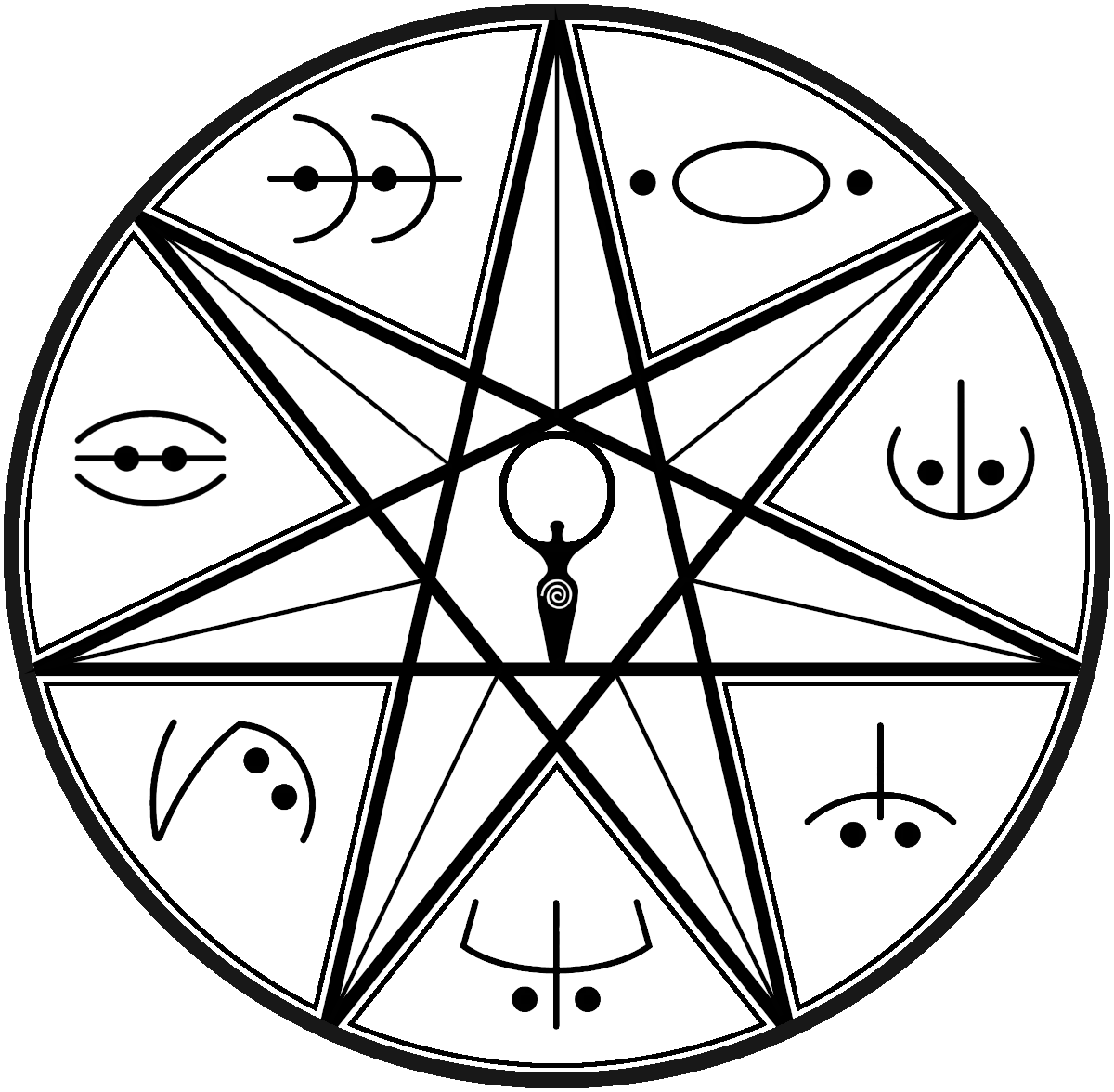
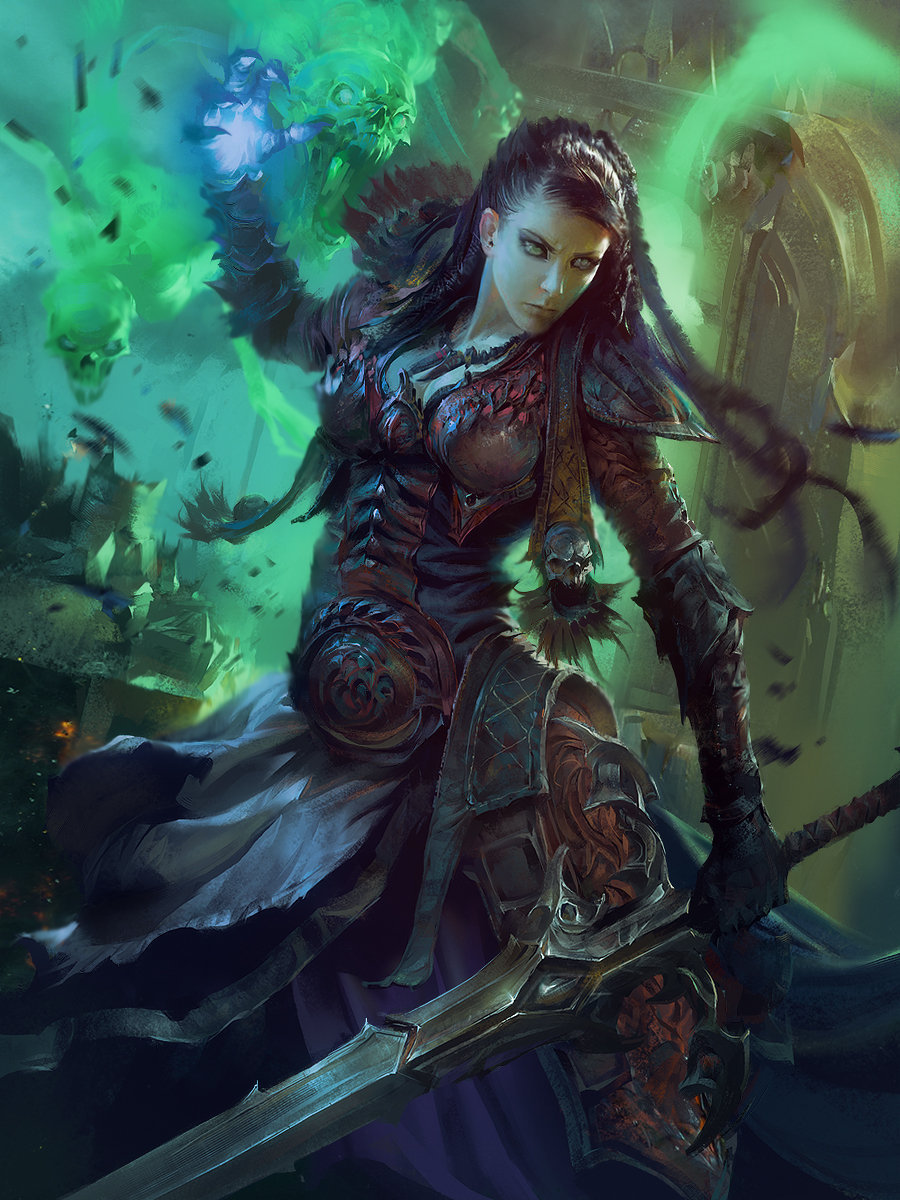
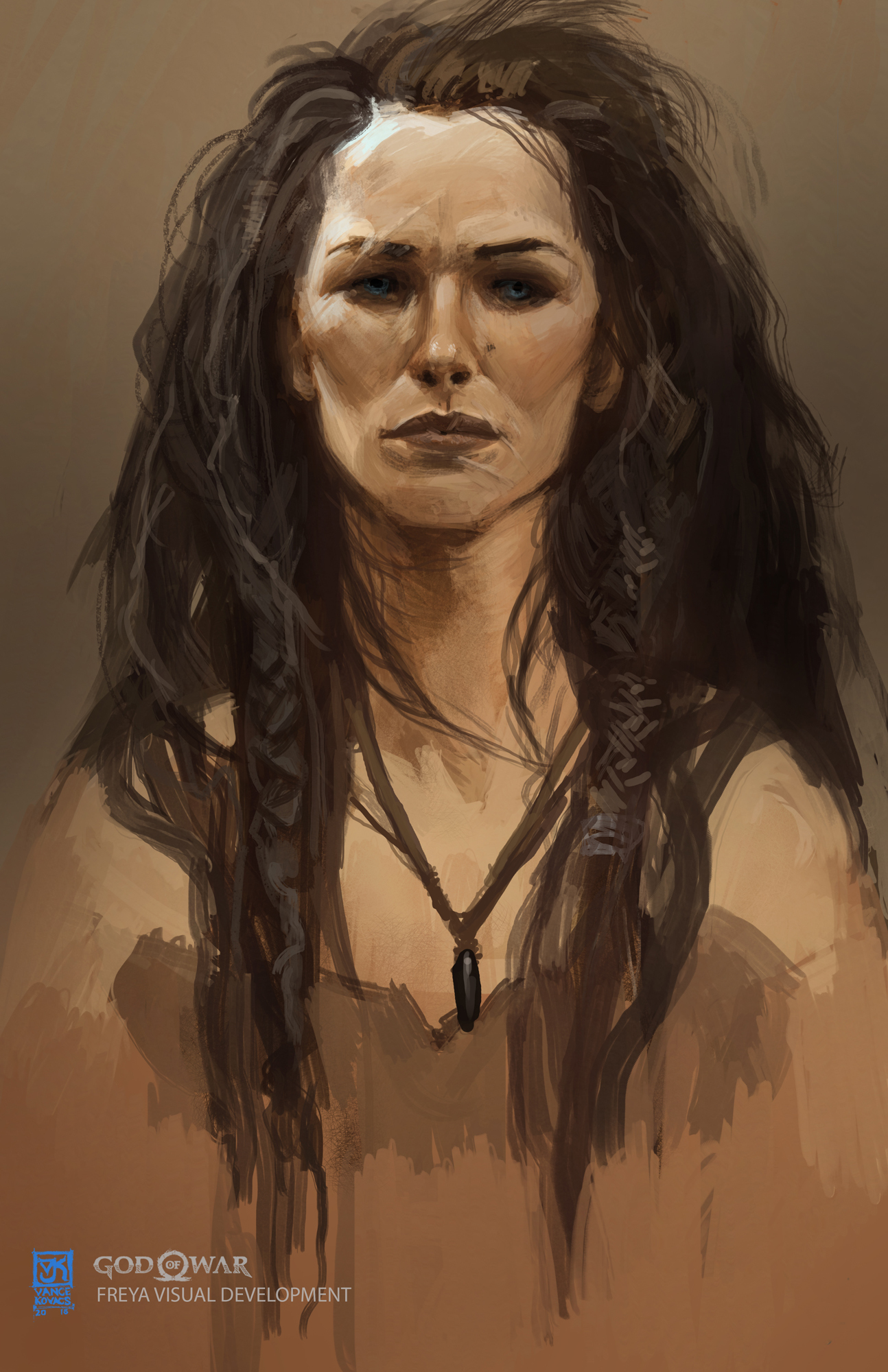
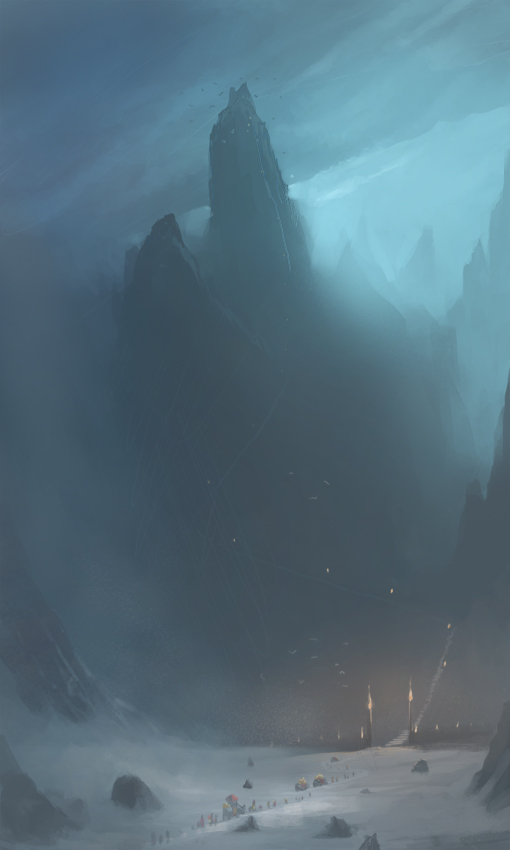
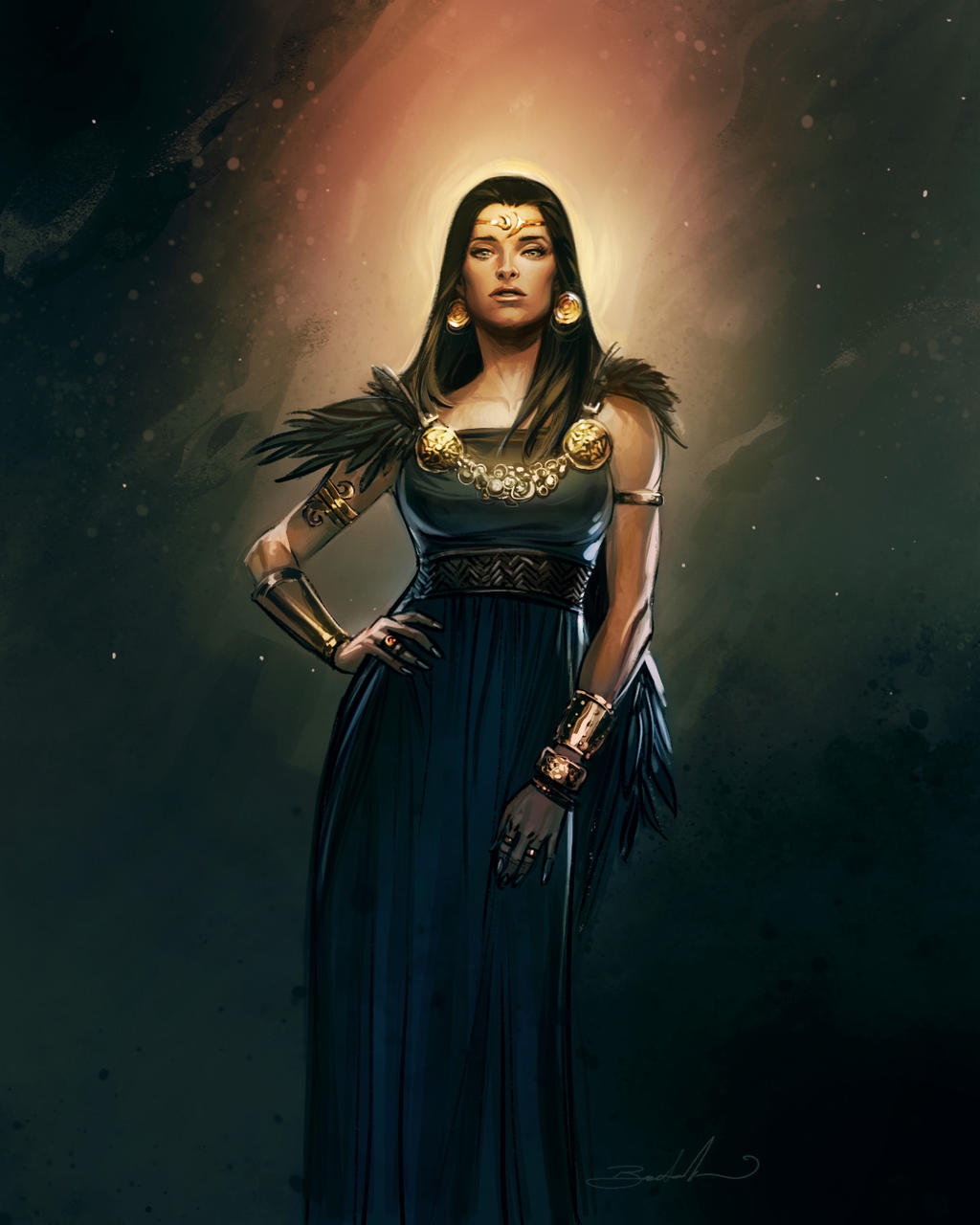
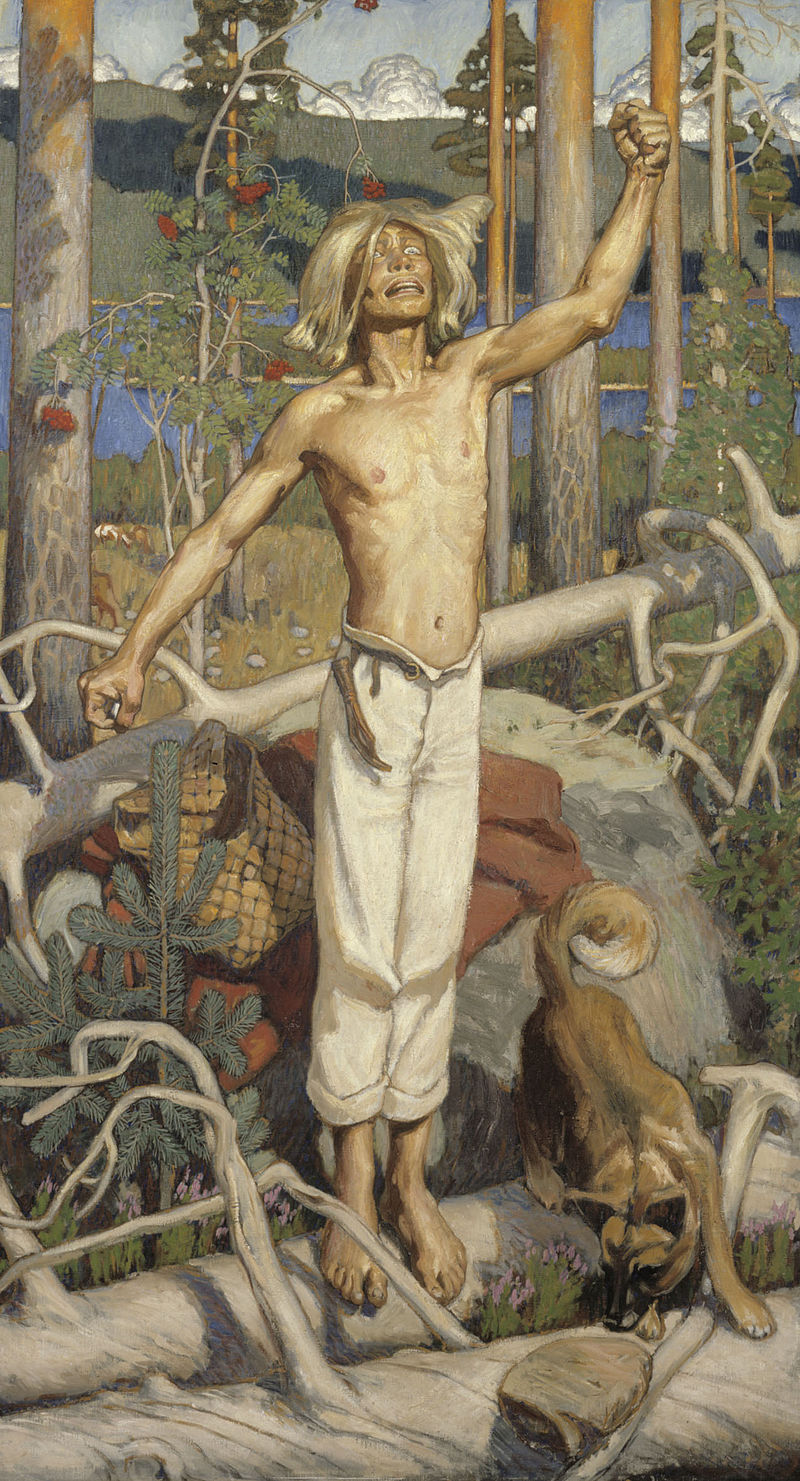
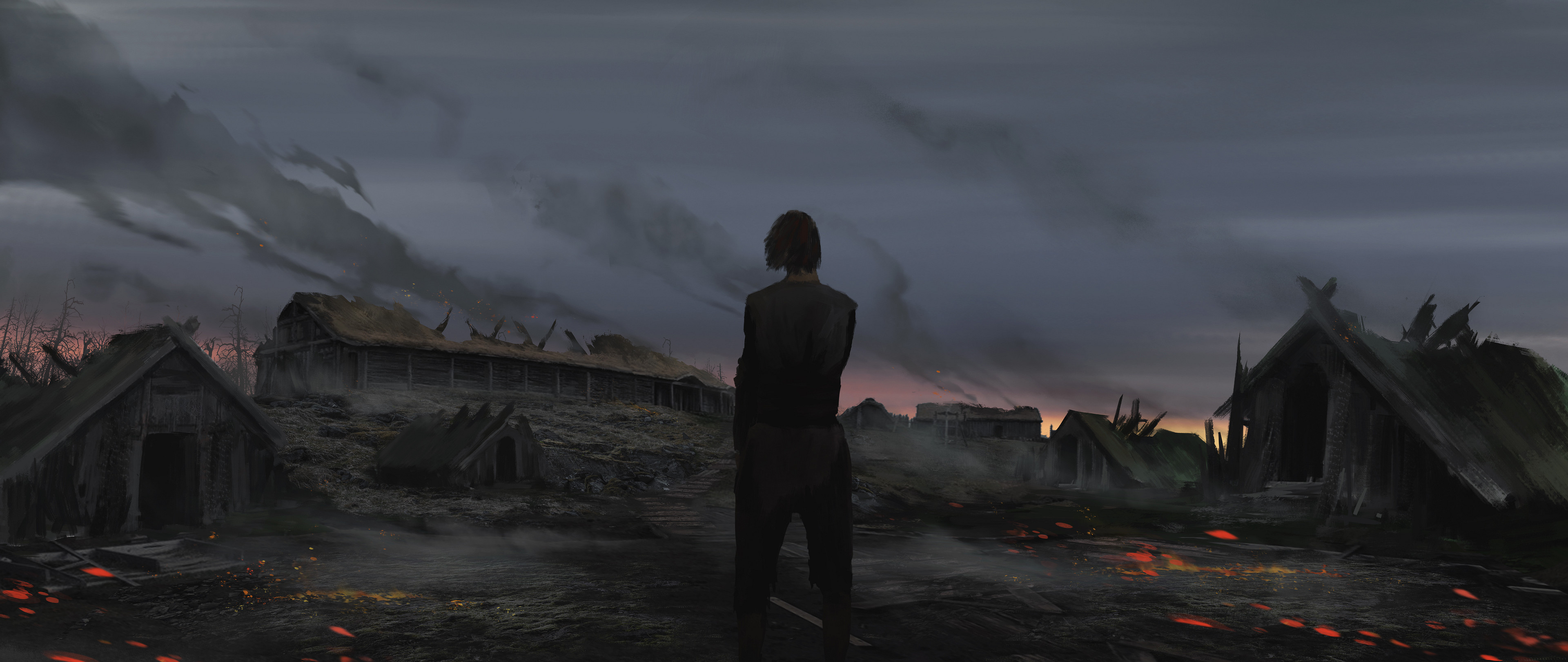
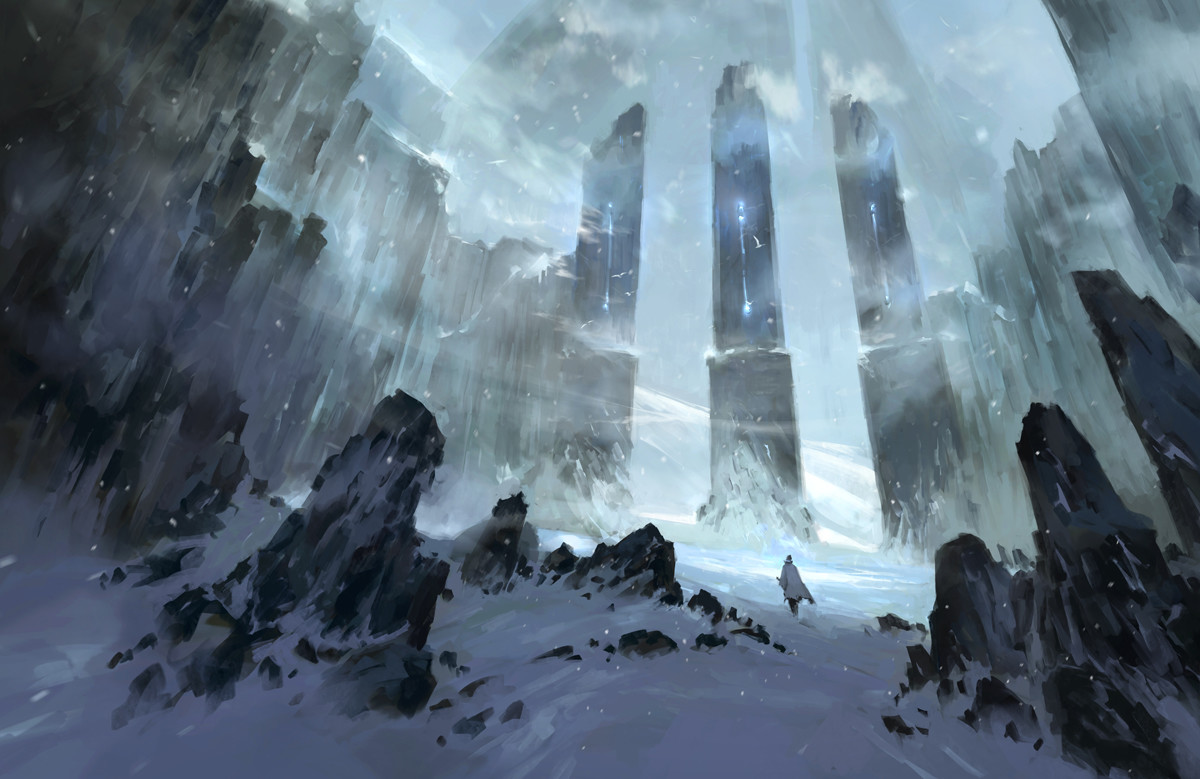
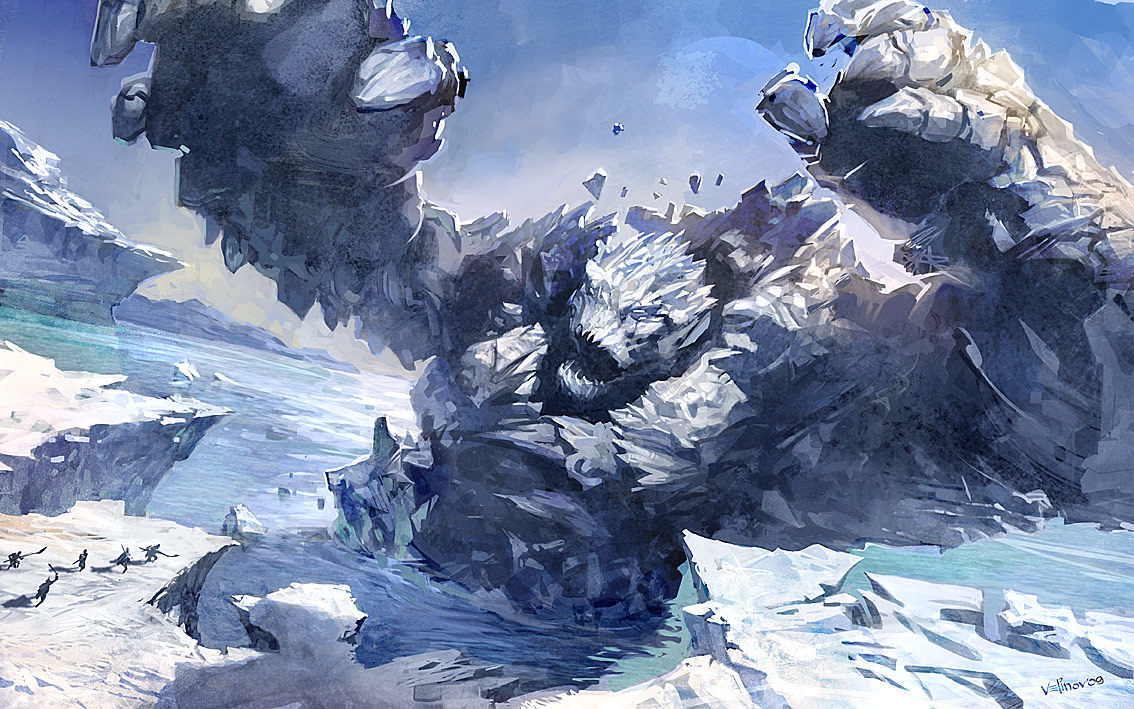
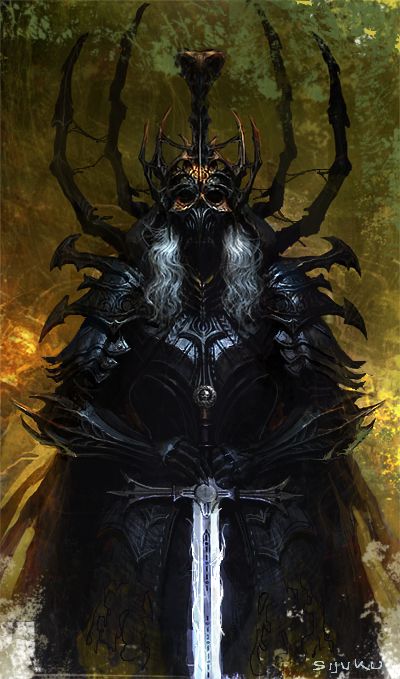
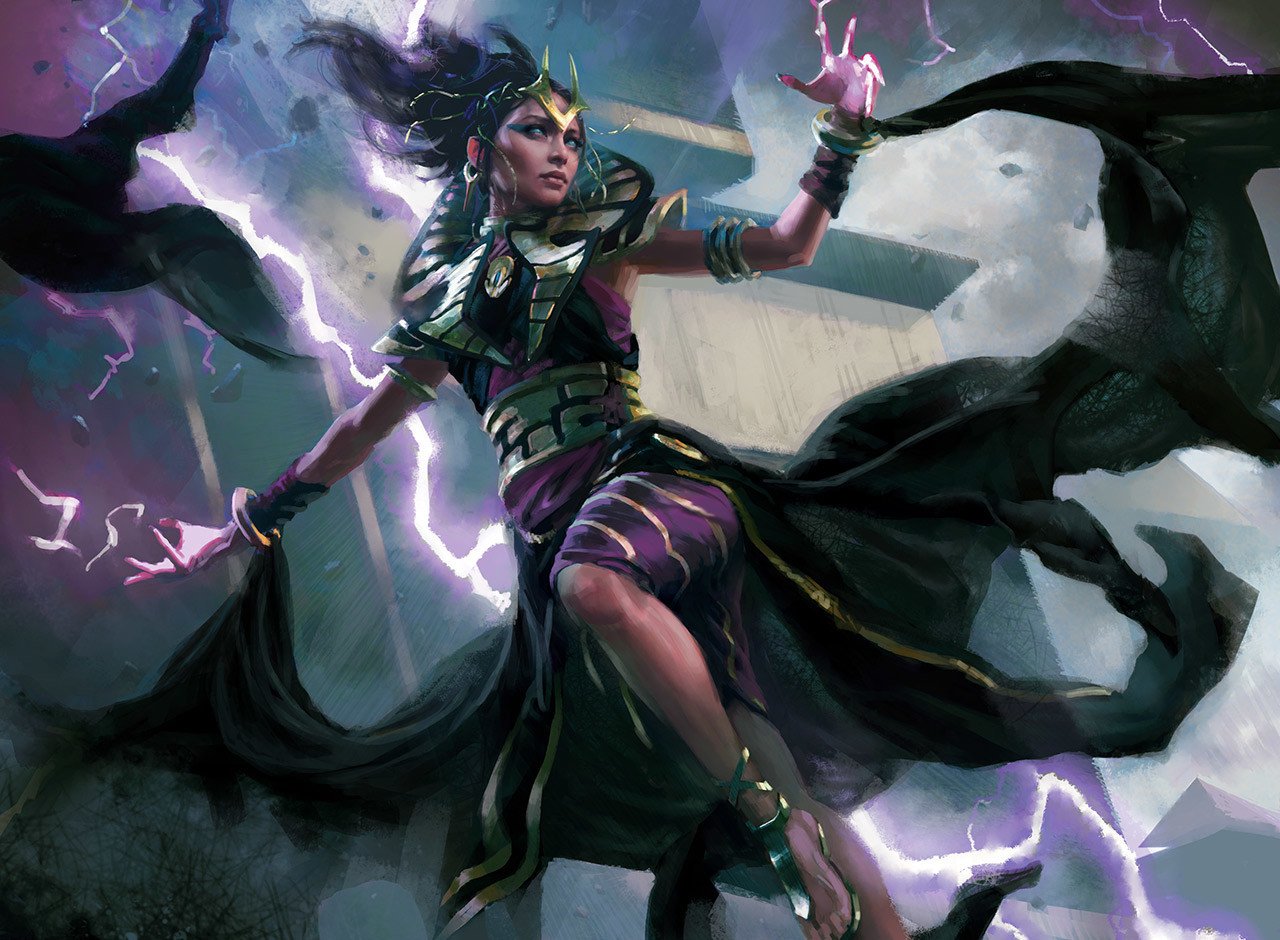

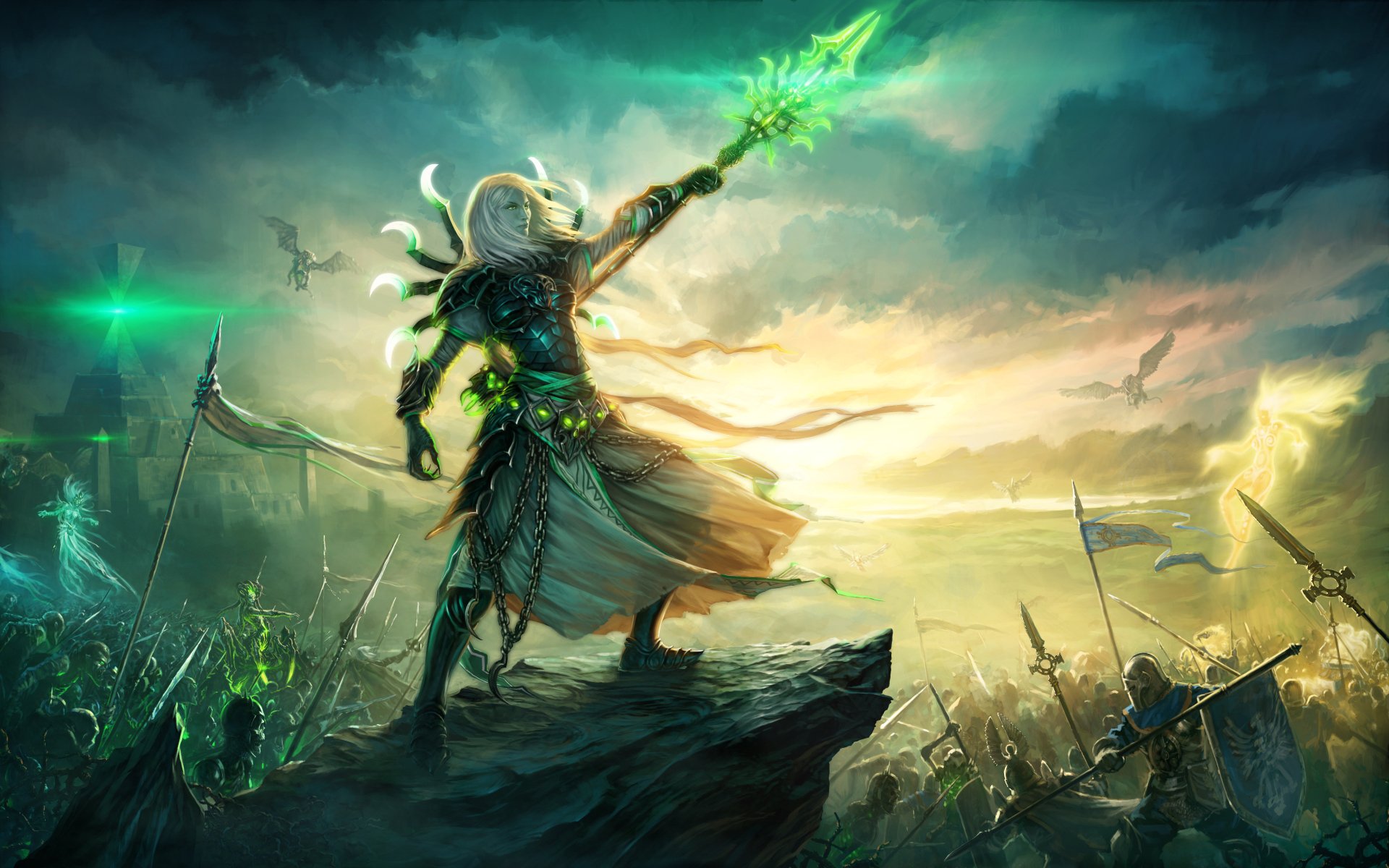
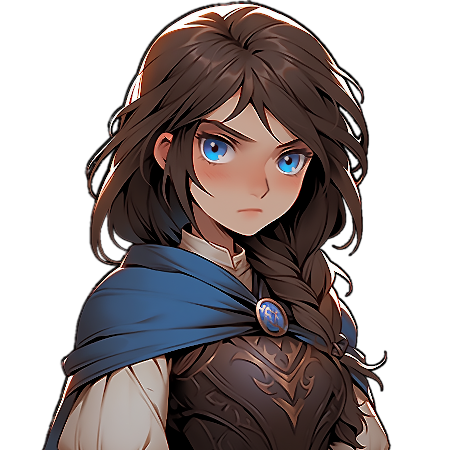

12000 words? And I thought my article was starting to get long. Gonna put this in the reading list cause it seems interesting but there’s no way I’m reading it at 4 in the morning. Also I see that Insomnium quote at the end, I like that band. (And why does that picture at the end look like Necrons ?)
Thanks for the comment! I'll check out your article as well :) Insomnium is one my most listened to bands ever. Their songs have been playing in the background many a times when I've been mulling this stuff in my head. The picture at the end is from Might and Magic, but yeah, I know right. Pyramids + undead = necrons. Tomb Kings from WH fantasy have certainly been an inspiration for this article as well!
Plus the green. Don’t forget the green.
There IS the green...